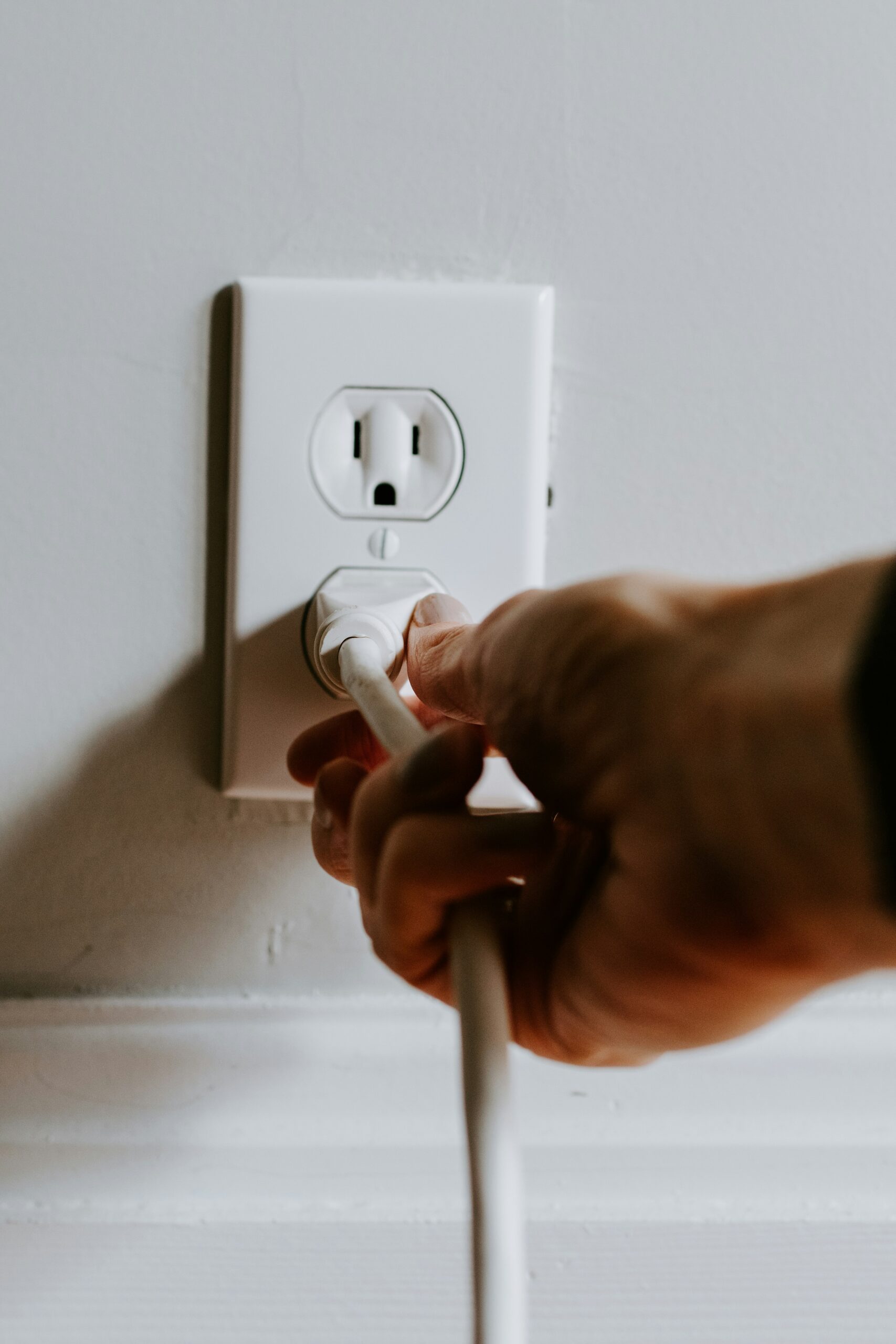Have you ever wondered what would happen to your electronics during a power outage? In our technology-driven world, continuous and reliable power is crucial for everything from keeping our homes comfortable to ensuring our electronic devices are functional. This is where a battery backup system comes into play. A battery backup system is an essential solution to power interruptions, providing you with peace of mind that your electronics will continue to work, even during unforeseen circumstances.
Understanding Battery Backup Systems
A battery backup system, also known as an Uninterruptible Power Supply (UPS), essentially acts as a bridge for your power supply. It provides temporary power to your electronics during outages or irregularities in your main power source. The system does this by storing power in batteries and releasing it when needed, ensuring that you don’t experience any downtime.
How Does It Work?
At its core, a battery backup system is quite straightforward. It stores electrical energy in batteries, which can then be used to power your electronics in the event of a power disruption. This system includes three main components: the rectifier, battery charger, and the inverter. The rectifier converts AC (alternating current) power to DC (direct current) to charge the battery. The battery charger ensures the batteries remain charged, and the inverter converts DC back to AC when providing power to your devices.
Types of Battery Backup Systems
There are several types of battery backup systems available, each designed to meet different needs and preferences. The key types include:
| Type | Description |
|---|---|
| Standby UPS | Provides basic protection and switches to battery during outages. |
| Line-Interactive UPS | Adjusts for minor fluctuations in power and is more versatile. |
| Online UPS | Offers maximum protection with zero transfer time from the grid to battery, ensuring the uninterrupted operation of critical systems. |
Choosing the right type largely depends on your specific needs, from basic home use to supporting more critical infrastructure.
Why Do You Need One?
Understanding why you need a battery backup system involves looking at both the risks of power interruptions and the benefits of uninterrupted power supply. Depending on where you live, power outages could be frequent or rare, but the potential consequences for data loss in business settings or discomfort at home remain similar.
Avoiding Data Loss and Damage
For businesses, a power outage can mean significant data loss, damage to hardware, and productivity setbacks. Additionally, sudden shutdowns can harm the internal components of computers and other sensitive electronics. By having a battery backup in place, you minimize these risks, maintaining operations seamlessly or at least giving a window to save your work and shut down devices safely.
Comfort and Convenience
In a home setting, losing power not just disrupts your day-to-day activities but can also impact home security systems, HVAC systems, and other amenities. A battery backup provides a cushion, allowing you to maintain light, charge devices, or keep your modem running for essential communication.

Applications of Battery Backup Systems
Battery backup systems are suited for both personal and professional environments, finding application in diverse fields. Here are some ways they are commonly used:
Home Use
In homes, battery backup systems can keep essential devices running, like refrigerators, Wi-Fi routers, and alarms. They can be critical in keeping your household connected and functional during emergencies or routine outages.
Office Use
In office settings, battery backups prevent computer systems from shutting down abruptly, ensuring there is no loss of unsaved work. Having a robust system can also protect sensitive electrical units like servers and communication equipment.
Industrial Use
For manufacturing and other industries, uninterrupted power can prevent costly downtimes. Critical systems in production lines that rely heavily on electricity can maintain their operations, minimizing losses and preserving the stability of processes.
What To Consider When Choosing A Battery Backup System
Selecting the right battery backup system involves considering several factors. Recognizing your requirements can help you make a more informed decision regarding capacity, price, and features.
Power Capacity
One of the primary aspects to pay attention to is the power capacity of the unit. This is measured in VA (Volt-Amperes) and indicates the maximum power load the device can support. Calculate your power needs by taking inventory of the essential devices you plan to run on the battery backup and their power ratings.
Battery Type and Lifespan
Different battery backup systems come with varying types of batteries, including Lead-Acid and Lithium-Ion, each with its own pros and cons regarding efficiency and longevity. Life span and recharge times are also crucial to understand since they dictate how well your system will perform over time.
Cost
Cost is always an important consideration. Battery backup systems come in a range of prices, and the configuration you choose should balance between your budget and the level of protection you need. More robust features often increase costs, but investing in a reliable product can save you from costly repairs or data recovery down the line.

Installation and Maintenance
Once you’ve selected the appropriate battery backup system, proper installation and maintenance are key to maximizing its effectiveness and lifespan.
Installation Tips
Installation often involves more than just plugging your devices into the backup unit. Position the system in a well-ventilated area to avoid overheating. Ensure the battery is charged adequately before initial use, and install the system as per the manufacturer’s guidelines. Professional installation is also recommended for larger, more complex systems.
Maintenance Practices
Regular maintenance is essential for ongoing efficiency. This includes periodic testing of the system to ensure it functions correctly during an outage. Batteries should be checked for wear and tear and replaced as needed. Keeping the system clean and free of dust also helps enhance its performance.
Future Trends in Battery Backup Systems
The battery backup industry is continuously evolving, driven by advancements in technology and changing user needs. Understanding future trends can help align your current needs with what’s to come.
Green Energy Integration
With the growing focus on sustainable energy, future battery backup systems will likely integrate green energy solutions, such as solar power. This integration will help reduce reliance on fossil fuels and promote the use of renewable resources.
Smart Systems
With IoT and AI technologies advancing, future battery backup units might become smarter, offering predictive maintenance alerts, energy usage optimization, and integration with smart home devices. This trend is set to revolutionize how users interact with their power systems.
Increased Efficiency
Technological advancements will likely yield more efficient energy storage solutions, providing longer backup times with shorter recharge durations. Breakthroughs in battery materials and design will at the same time make systems more compact and affordable.

Conclusion
A battery backup system is a critical component in ensuring that both homes and businesses remain functional and secure during power interruptions. Whether for safeguarding sensitive data in a corporate environment or maintaining comfort and connectivity at home, having a reliable backup system can save you from both minor inconveniences and major disruptions. By understanding their operation, application, and future direction, you are better equipped to make choices that align with your needs and technological advancements. Embrace the peace of mind that comes with knowing that your power needs are covered, no matter what surprises may come your way.

